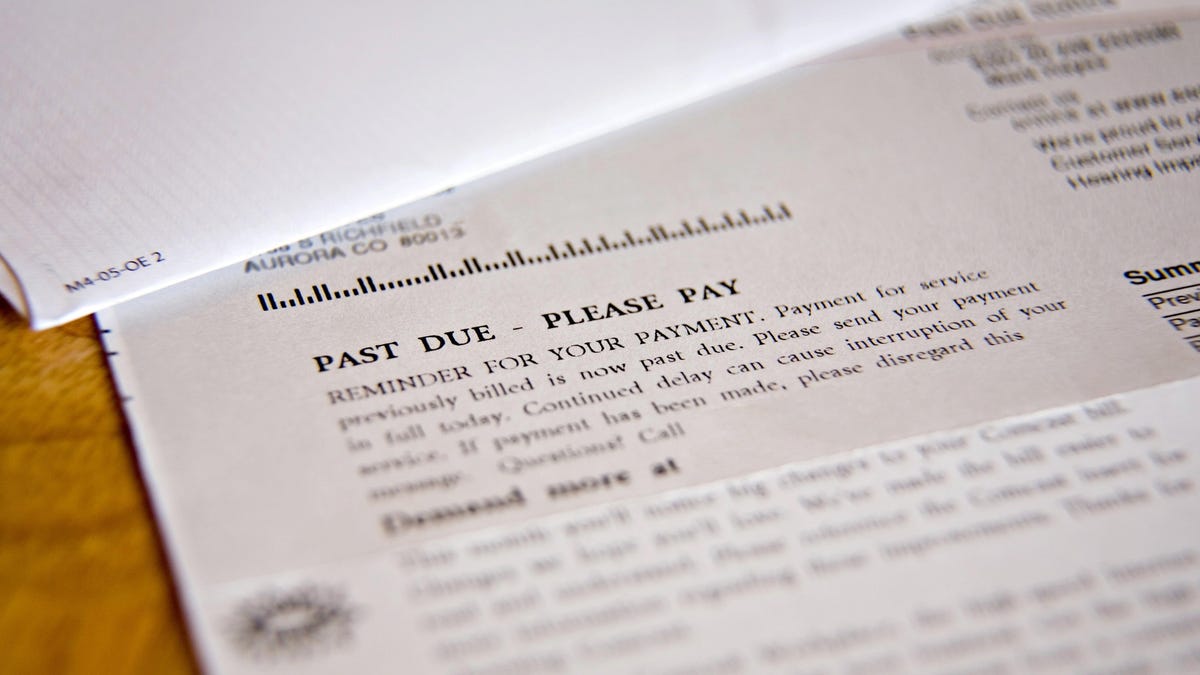These Medical Debts Shouldn’t Hurt Your Credit Score

The United States can be a brutal place for people with or without poor health insurance: a single medical crisis can lead to thousands of dollars in debt. But the Consumer Financial Protection Bureau (CFPB) and the federal government want to help some people avoid having their medical debt wiped out of their credit by ensuring that paid medical debts are completely removed from credit reports, removing all medical fees under $500, and temporarily removing all debts less than a year old.
The CFPB reports that one in five households in the United States have some kind of past due medical debt that shows up on their credit histories. Bad credit can affect your ability to get jobs and housing, as is the case for the millions of Americans with delinquent medical debt. However, there are steps you can take to make sure these debts no longer affect your credit.
How to check your own report
New changes from nationwide credit reporting companies include all medical bills reported by debt collectors. The first thing you should do is check if you have unpaid medical bills on your credit report. You can still get your free weekly online credit report through AnnualCreditReport.com. Just follow these steps .
Here are three things you should look out for when checking your CFPB credit report:
- If you previously had a medical collection less than $500, a paid medical collection, or a collection less than a year old on your credit report, make sure they no longer appear on your reports. Keep in mind, however, that this does not include credit card fees, even if you used your credit card to pay for medical expenses under $500.
- Also, while you are reviewing your reports, check for any other information that may not be accurate.
- If you find a medical collection less than $500, a paid medical collection, a collection less than a year old, or errors in your report, you can dispute this information with a credit company .
Prior to these recent changes, unpaid medical bills showed up on your credit report for anywhere between 60 and 120 days. Credit reporting companies now wait a year from the time you see your doctor before the debt shows up on your credit report.
What can you do if you still have debts affecting your account?
First, you must also know your rights. The No Surprises Act , which went into effect last January, protects Americans from some unexpected medical bills. This includes unexpected medical bills for emergency services from out-of-network providers. The law also protects you from debt collectors and consumer credit reporting companies such as Equifax, Experian, and TransUnion from collecting, presenting, or reporting invalid medical debt.
If you find discrepancies in your credit report related to paid or invalid medical bills, or if you are having trouble challenging medical billing errors with a credit company, file a complaint with the CFPB .
There are also programs to help you pay off your medical bills if you are having financial difficulties.